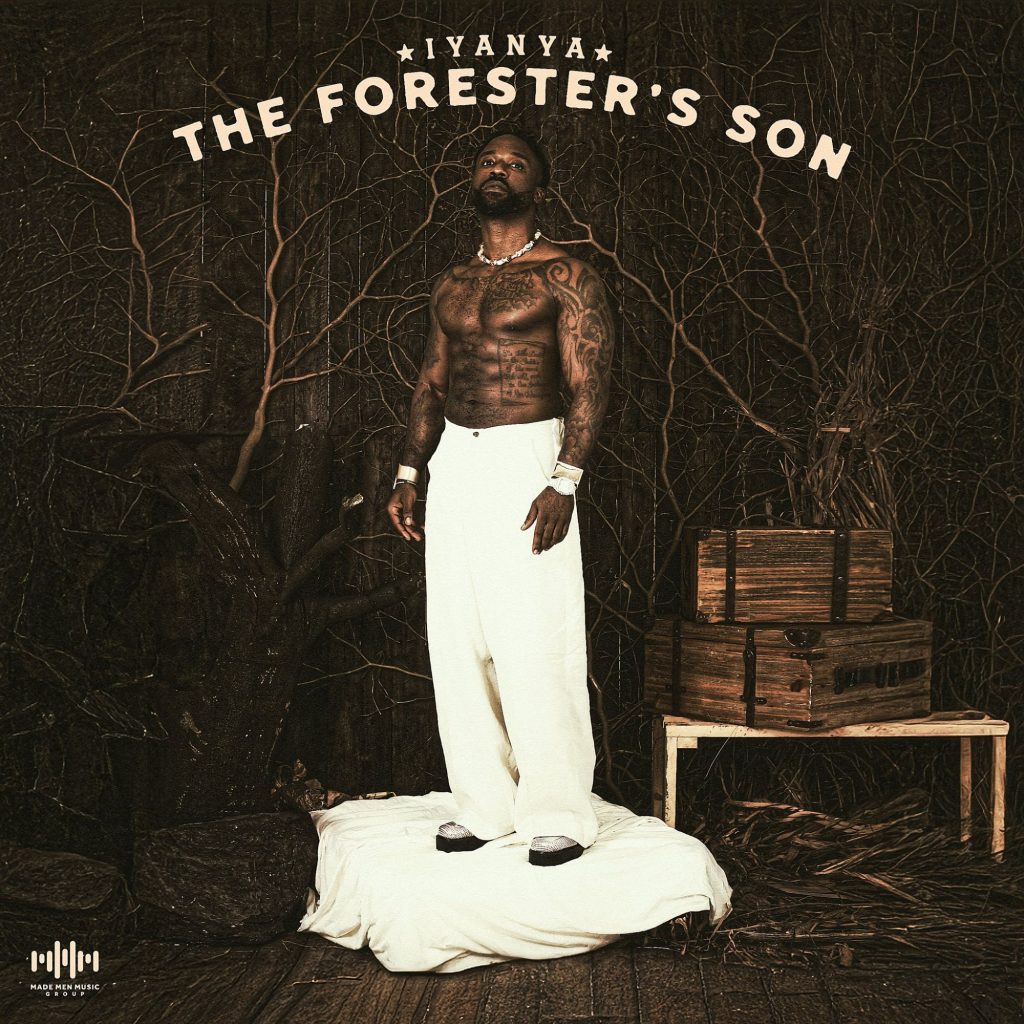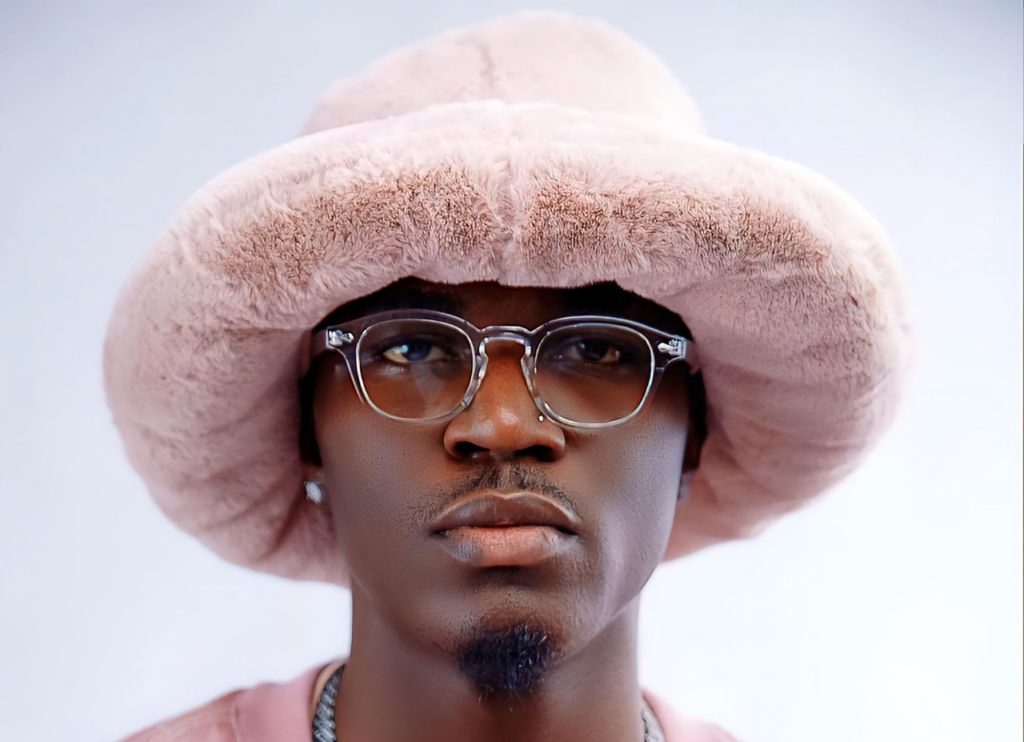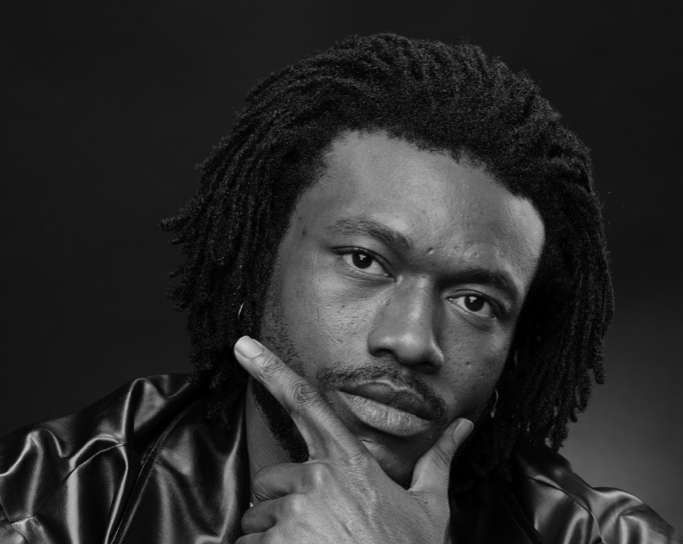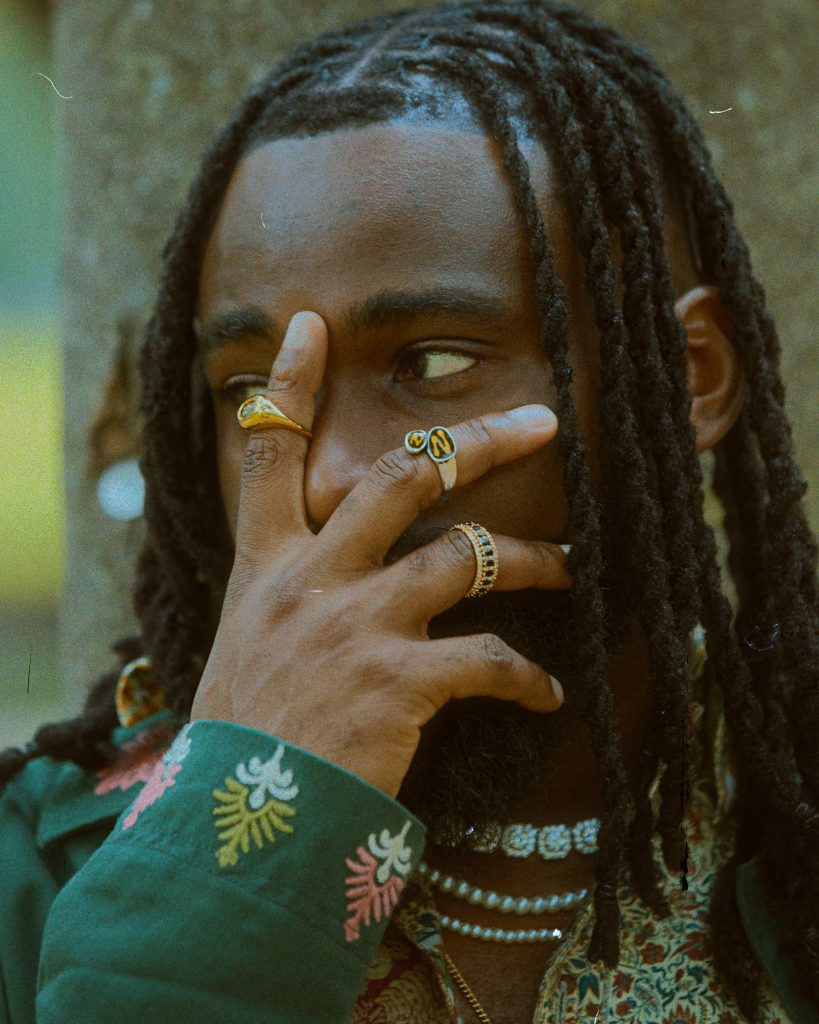Ayodeji Ibrahim Balogun needs no introduction. For the past decade, he’s been at the summit of Afrobeats as one of its frontrunners and biggest superstars, exporting the sound on the global stage and being one of its foremost innovators responsible for influencing the sonic soundscape of the music. Since his breakout moment in 2010, you’ll be pressed to find anyone as successful and influential in music and pop culture than him, and of course he couldn’t have accomplished his innumerable laurels without releasing great music.
Quite the prolific artist, Wizkid has six studio albums and two EPs. This article would be delving into his rich catalogue in an effort to rank all his projects on the merits of its qualities of being a great album and great album alone.
8. S2
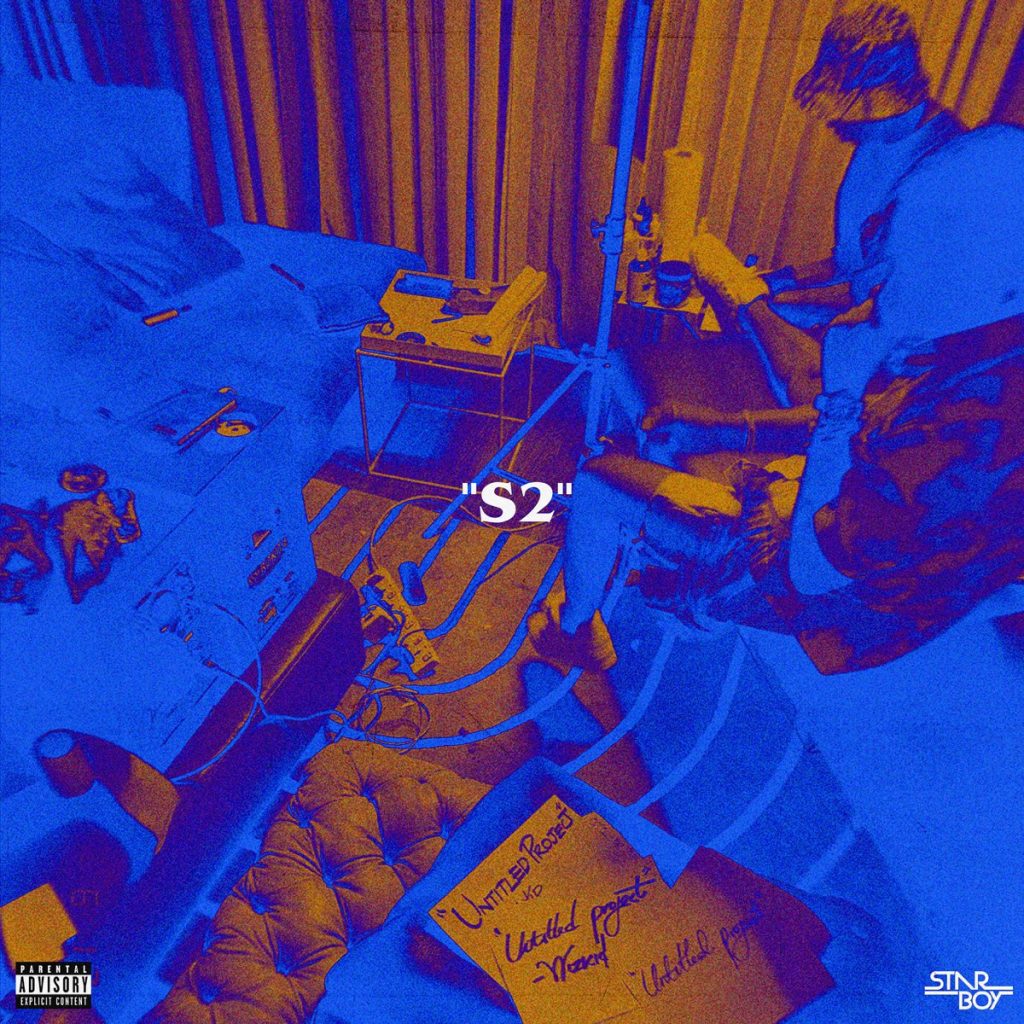
It’s a compliment to Wizkid’s discography, that an EP as focused and succinct as S2 is this low on the pecking order of his body of works, because it’s in no way a bad project. Releasing about a year after MLLE, fans speculated on whether or not Wizkid would switch up things heavily, especially since MLLE didn’t live up to the lofty heights of success MIL did, despite being a good project. However, asides a few creative tweaks like letting P.prime helm the production—Wizkid only dimensionalized his formular.
On Ololufe, Wizkid flexes his vocals in his trademark R&B fashion, alongside Afrobeats greatest pop vocalist. Diamond was a brief foray into loss and grief, in the spirit of persevering till the dawn of better days. The Zlatan-assisted IDK was the most resonant mainstream song and for good reason, as both stars traded stories of their hustle and powering through obstacles to the top.
7. Soundman, Vol. 1
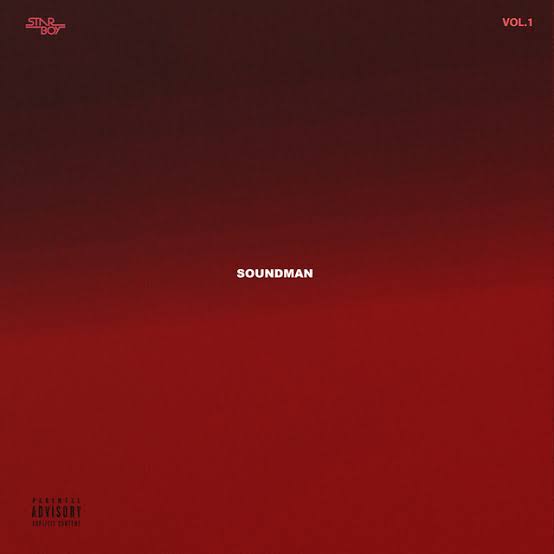
Arriving two years after his third studio album and first attempt to crossover into the western mainstream, Soundman Vol.1 furthered the exploration of Wizkid’s special brand of Afrobeats fusion. He had already announced his 4th studio album, Made In Lagos was on the way and so fans weren’t ready for an EP surprise drop in December 2019. Released under the name of his record Label, Wizkid attempted to bridge the gap between the two worlds he was now orbiting.
You see, the critique with Sounds From The Other Side was that whilst it was good music, it didn’t offer the best of both worlds it was merging. Wizkid diluted the Afro essence in his music to appeal to larger audiences and whilst it resulted in better accessibility, it wasn’t great Afrobeats music neither was it brilliant Western pop either. Soundman attempted to bring the music back to its roots, whilst still maintaining the exotic, tropical feel of foreign fusions and producer Blaq Jerzee was recruited for this purpose. It was a sonic triumph, albeit some fillers.
6. Sounds From The Other Side
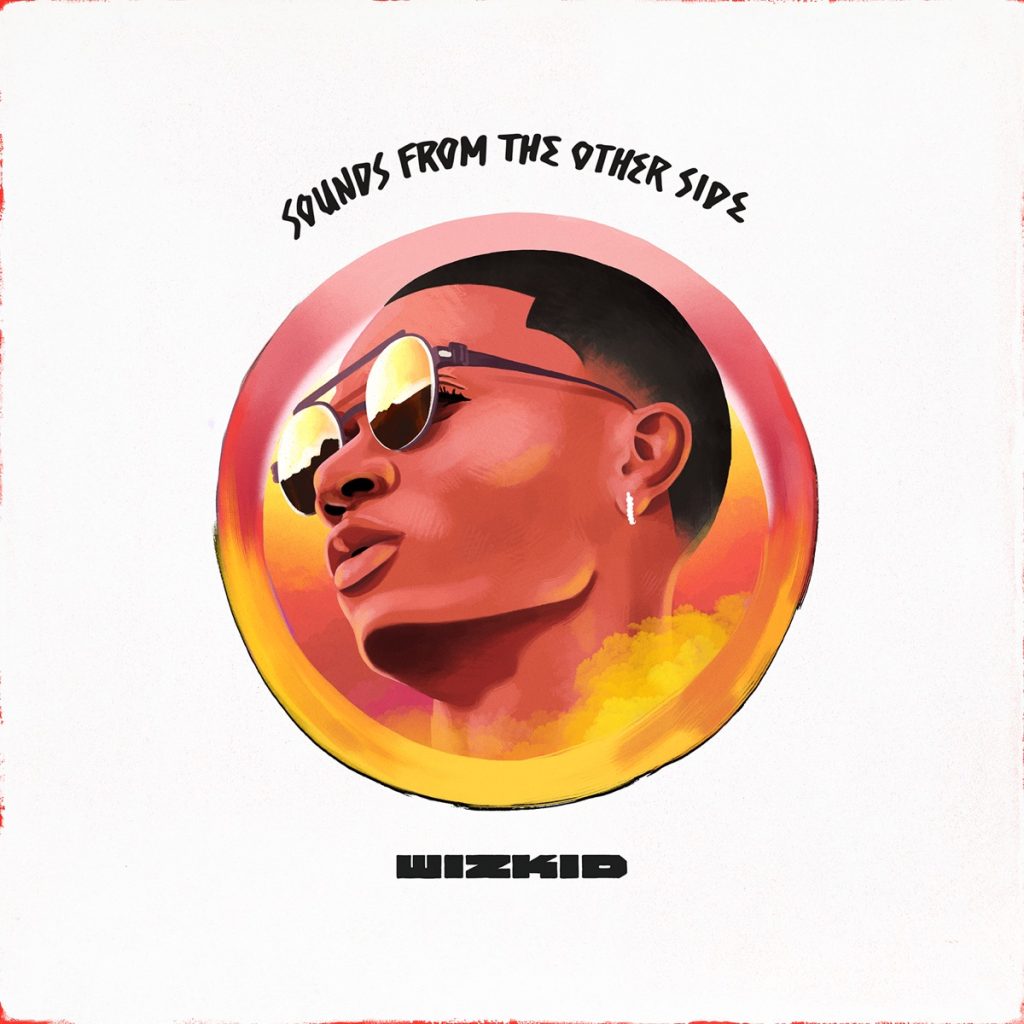
Afrobeats was in its early phase of major exportation to the global stage and as expected, Wizkid was leading the charge. His continental smash-hit Ojuelegba had already garnered acclaim far and wide, soliciting a Drake and Skepta remix in the process. The ensuing year Wizkid would become the first African artist to reach #1 on the Billboard Hot 100, after featuring on Drake’s One Dance, an Afro-Swing song that played to Wizkid’s dancehall affinity strengths.
Capitalizing off the momentum and sonic resonance of One Dance, Wizkid ventured deeper into Carribean sounds, fusing Bashment, dancehall, reggae on a brand new midtempo Afro-R&B template he unearthed. SFOTS was saddled with the heavy responsibility of introducing Wizkid to new foreign markets who recently discovered him, whist still appealing to the home base also so there was a lot riding on it and perhaps, it didn’t have best balance of both worlds. Nonetheless, it’s been one of those albums that have aged gracefully with time.
5. More Love Less Ego
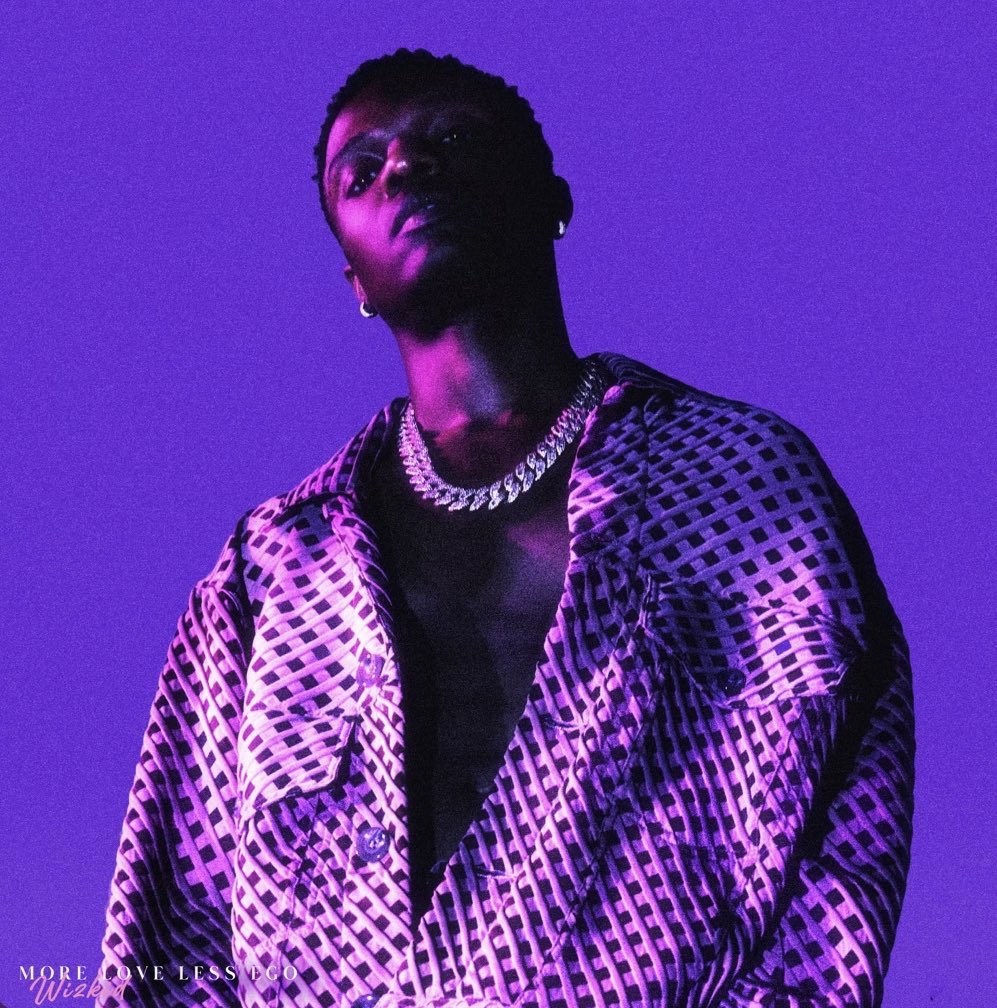
All eyes were on Wizkid for the follow-up project to his immensely successful and cultural milestone album, Made In Lagos. The superstar was still riding off the high of the new uncharted realms of success MIL and Essence had attained. With the album, he also became the first African artist to have a certified gold album in the US with MIL. So it was always going to be a creative dilemma for anyone in Wiz’s shoes. Evolve the sound, but run the risk of not capitalizing off it properly and run the risk of everyone moving on? Or maintain the status quo and run the risk of sounding derivative.
Wizkid decided to choose the latter and sure enough, that would be the album’s Achilles heel. Despite being his most sonically cohesive album and packing enough quality to warrant MIL-esque success, it remained in the shadow of its predecessor for treading similar sonic territories and hardly being innovative. That however doesn’t take anything away from its overall quality and the fact that it was a meaningful evolution of the sound that was unearthed on SFTOS.
4. Ayo (Joy)
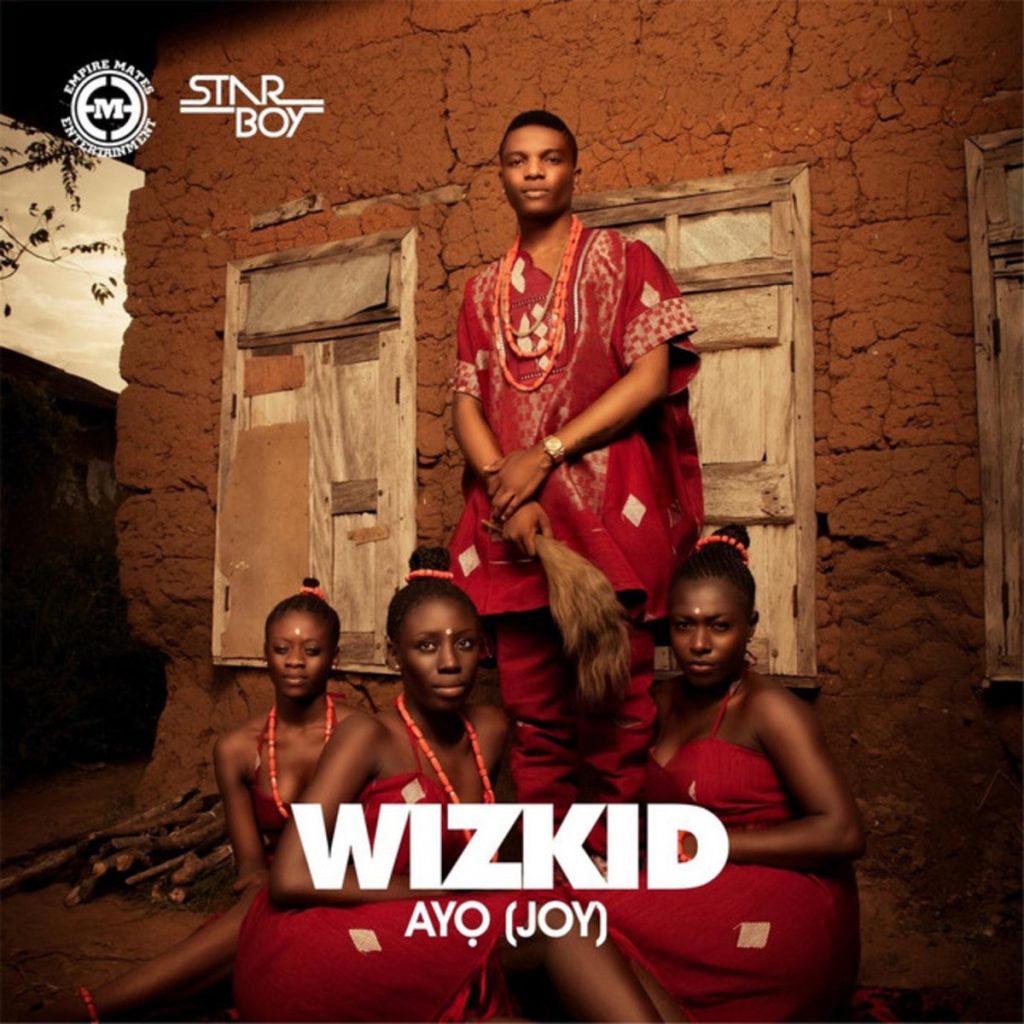
When Wizkid released his sophomore album, he was already the Superstar he prophesied himself to be with the title of his debut album, three years prior. In the mid 2010s South-African House music had a chokehold on the continent and its biggest superstars were exploring into the sound and collaborating with its artists and producers. Wizkid was one of the first few to tap into it, infusing a huge chunk of its elements into the album’s highlights, courtesy of producers Sarz, Uhuru and Shizzy.
Of course, the album was still very much Afrobeats at its core with songs like Jaiye Jaiye replete with Afropop lingual and resplendent with rich horns. Caro ft. L.A.X had the traditional, up-tempo Afropop format and was the summer soundtrack of 2014. The House fusion songs like In My Bed and Show Me The Money would also go ahead and do a madness after the album release. Despite its high moments, Ayo’s biggest criticism was its length and at 19 songs, it perhaps way too much fat and could have been a more succinct project without fillers.
3. Morayo
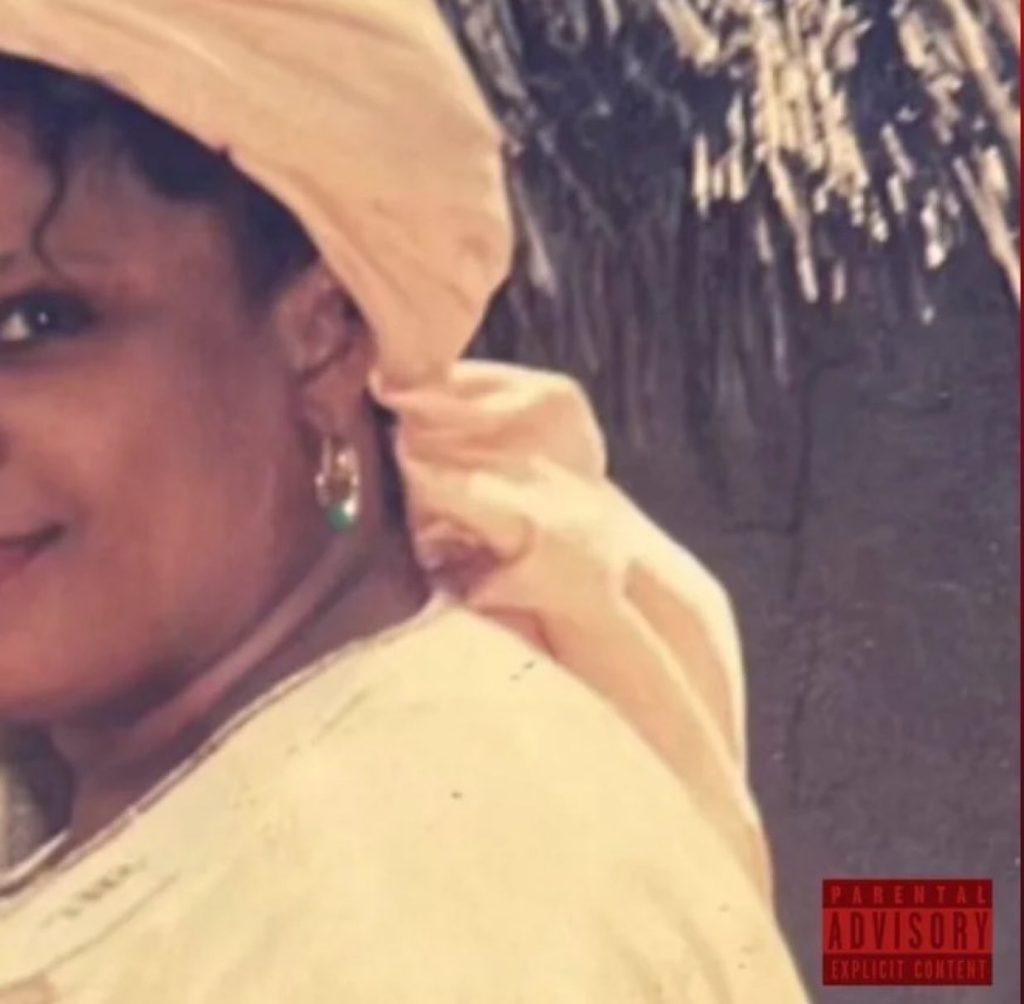
At this point in his career, Wizkid definitely doesn’t have a point to prove anymore as his legacy is already solidified as an all-time great. If he ever had a point to prove, it was five years ago—prior to the release of MIL. However, in the wake of MLLE’s mixed reception and polarizing success, as well as the death of his mother, anticipation for his next project was at an all-time high, as fans speculated on the direction he was going to take for his sixth studio album.
Indeed he needed to evolve his familiar midtempo pop and R&B fusion template and he did, to some extent. The opening four-track sequence had production elements grounded in visceral African percussion and up-tempo sonic templates he hadn’t explored since his sophomore album. The bulk of the remnants of the album was still, of course built on the R&B fusion template but notable sonic markers like the jazz horns and palmwine guitar strings from Made In Lagos were stripped away for more grounded elements.
2. Made In Lagos
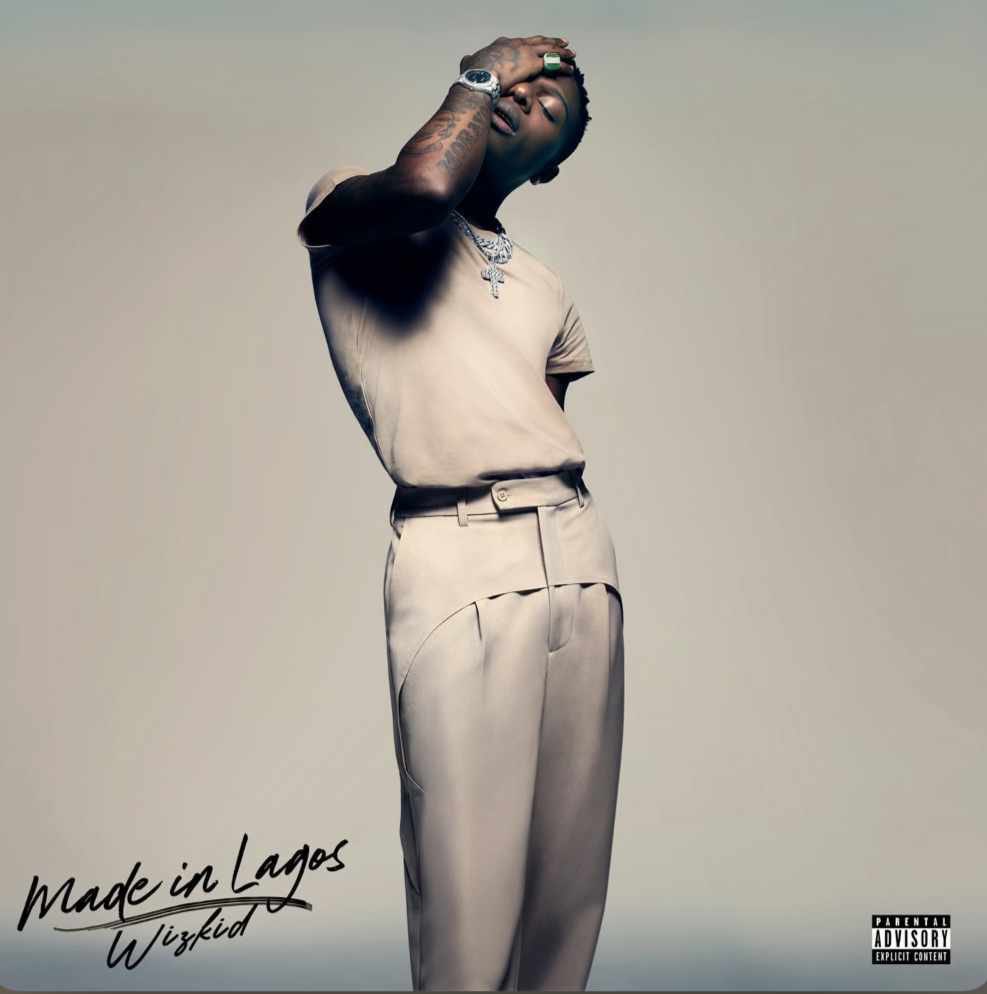
In the wake of the lockdown that the COVID-19 pandemic sent the world into, the Nigerian music industry reverted back into being an album market after being a singles dominated one for about a decade. Artists couldn’t hold concerts anymore, clubs were closed and general festivities that were usually sound-tracked with hit songs had all came to an halt. Everyone was at home and the need for more meaningful music and immersive body of works, that would be great escapism from the mind-numbing effect of isolation was needed.
Made In Lagos arrived at the right music climate and perfected the sonic exploration that Wizkid had commenced in SFTOS, grounding it in more African elements by infusing layers of Highlife and kinetic African percussion into it, alongside Pop, R&B and subtle Jazz elements. The guests artists roster was also ideally crafted to elevate the music, as their dynamism filled in for Wiz’s own shortcomings and complimented his overall artistry. Made In Lagos did not only notch classic status, but also became a landmark moment for African music and its journey to the global zeitgeist.
1. Superstar
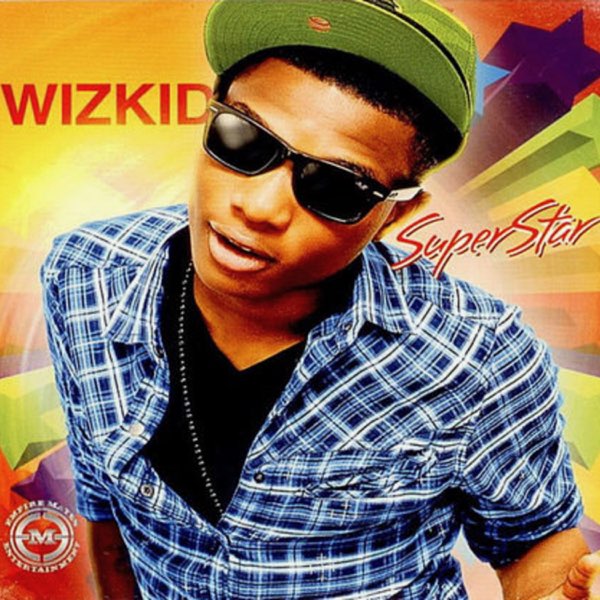
There aren’t many superstars that got it right on their first outing and that’s why there isn’t a plethora of certified classics from the genre’s biggest stars. Wizkid on the other hand caught lightning in a bottle on his debut studio album. After an impressive run of singles that were smash-hits and established him as the most exciting, breakout star of his generation—Superstar arrived in June 2011 to tremendous critical acclaim and commercial success.
It’s simply one of those albums where almost every song on it is a hit. Asides having immense mainstream success, Superstar was also a landmark moment for Afrobeats at the time. Where MIL heralded a new phase of successful cross-cultural moments in Afrobeats, Superstar was one out of a handful albums that redefined the sonic soundscape and unlocked a new era of AfroPop and R&B fusion. The ripple effects of the album’s success is still being felt to this very day.


